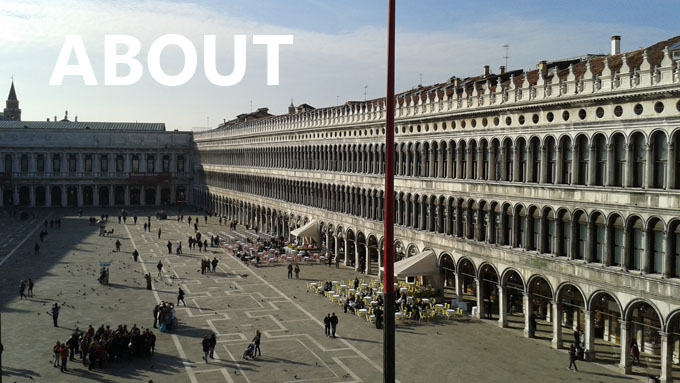About

The CoHERE project seeks to identify, understand and valorise European heritages, engaging with their socio-political and cultural significance and their potential for developing communitarian identities. CoHERE addresses an intensifying EU Crisis through a study of relations between identities and representations and performances of history. It explores the ways in which heritages can be used for division and isolation, or to find common ground and ‘encourage modern visions and uses of its past.’ The research covers a carefully selected range of European territories and realities comparatively and in depth; it focuses on heritage practices in official and non-official spheres and engages with various cultural forms, from the living arts to museum displays, food culture, education, protest, commemorations and online/digital practice, among others. CoHERE is funded through Horizon 2020, and responds to the Reflective Societies programme.
‘Heritage’ and ‘Heritages’
We take a broad but delimited understanding of heritage (mindful of the notorious difficulty of assigning a consensus definition) as a representational, discursive and performative practice involving conscious attempts to valorise aspects of the past in the present. Within the purview of CoHERE, heritage can be official or unofficial, tangible or intangible, or mixtures of these. It may not always be a social good productive of perceived-to-be progressive identities, respectful intergroup relations or benign moral positions, suggesting the existence of plural ‘heritages’ that are sometimes in conflict with one another, rather than a monolithic ‘common heritage’. Likewise, contemporary connections with events, cultures and sites from prehistory to the recent past may all be important for identity construction, and this is recognised in the temporal depth of the research.
Key aims of the research
1) To interrogate the meanings, frameworks and expressions of European heritages both in theory, practice and policy;
2) To develop relational perspectives on heritages and cultural politics in Europe;
3) To provide intellectual, creative cultural and practical instruments (including digital ones) for valorising European heritages and promoting communitarian identities.
Our key approaches
1) The relational study of productions and experiences of heritage at institutional, social and personal levels, including research into people’s activities and attitudes;
2) Research by practice and the provision of public-facing dissemination activities;
3) The critically-informed development of instruments (e.g. models for policy, curricula, museum and heritage practice) intended to promote reflection on and valorisation of European heritages and to engender socially-inclusive attitudes.
The project is multidisciplinary, including museum, heritage and memory studies, cultural history, education, musicology, ethnology, political science, archaeology, ethnolinguistics and digital interaction design. The consortium comprises 12 partners over 9 countries, including universities, an SME, two museums and a cultural network. The research covers diverse European territories and realities comparatively and in depth.
CoHERE is organised in eight work packages (WPs) – six research WPs, a Dissemination WP and a Management WP.
CoHERE Objectives
Overarching project objectives are to:
- Critically review and theorise key concepts, such as ‘European heritages’, ‘European identity’ and ‘collective memory’ in relation to academic literature, museum and heritage practice, value cultures, politics and policy and EU structures and agendas.
- Understand the reach and purchase of ‘European heritages’ and ‘European identities’ and assess their challenges as well as the opportunities they contain for peaceful and communitarian social relations in Europe.
- Investigate how and why symbolic representations and performances construct ideas of place, history and heritage, tradition and belonging in Europe, identifying which of these representations and performances count as European heritage, to whom, where and when.
- Analyse, through key examples (e.g. musics, food, histories, curricula), how heritage representations ‘travel’ between different institutional, social and personal spheres and how identities are negotiated and produced through this.
- Explore how and why relationships with and attitudes to the past inform identity positions, social orderings and moral values in Europe.
- Identify and propose governmental, policy, institutional, educational and community-linked heritage strategies that sustain and equitably transmit core social values of the EU.
- Disseminate the research in numerous spheres and develop instruments that demonstrate and model its application, reaching diverse communities from policy makers and museum, heritage and education professionals to different publics, including children.
